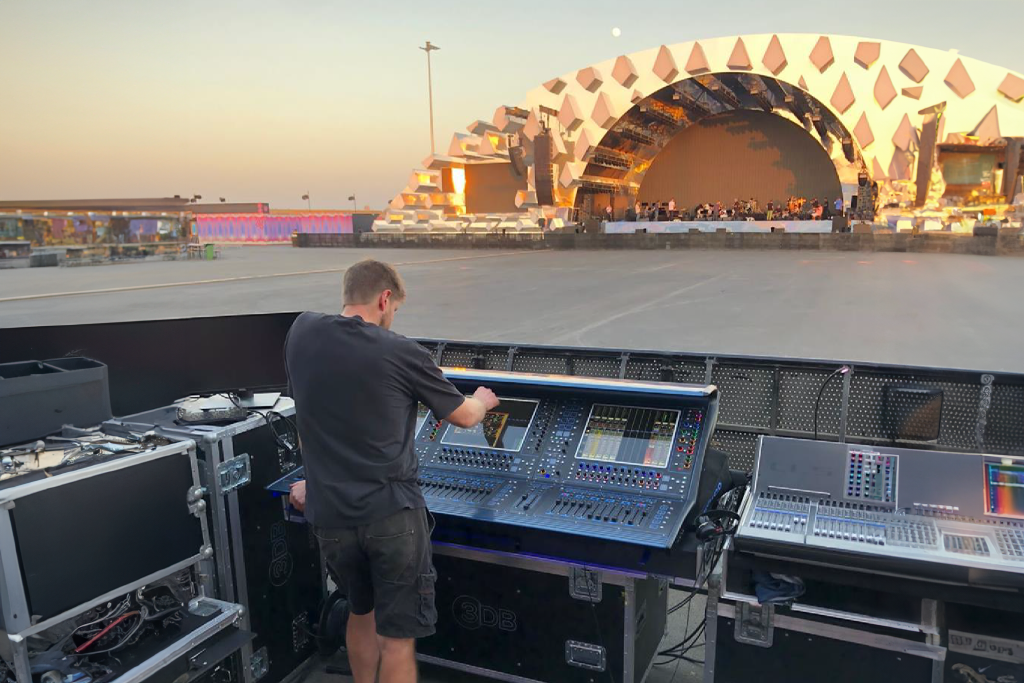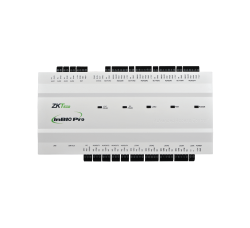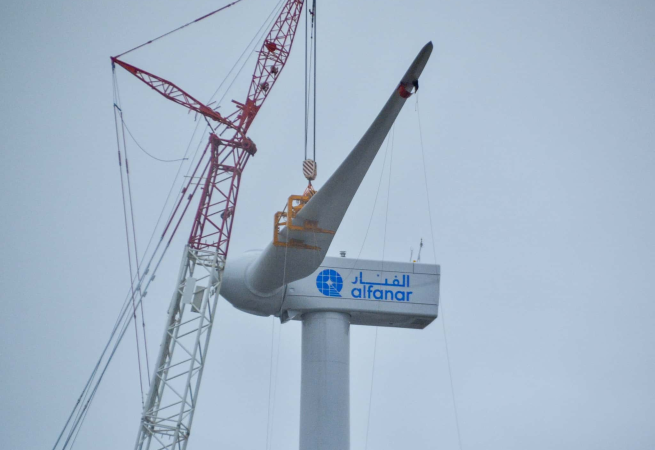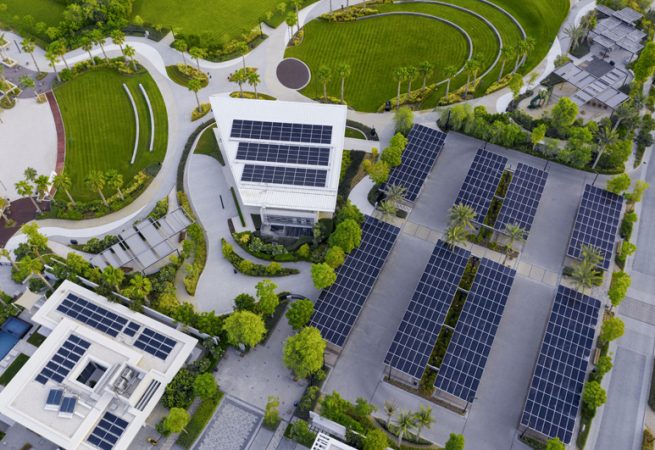

How Does API Q1 Consultancy Differ From Others?
API Q1 consultancy is highly specialized and focuses on providing expert guidance for achieving certification in quality management systems within the oil and gas industry. What sets API Q1 consultancy apart from others is its detailed and industry-specific approach to ensuring compliance with rigorous standards. Working with reliable API Q1 consultancy services Dubai ensures your business meets the highest quality and operational requirements, making it an invaluable partner in achieving success.
Industry-specific expertise:
API Q1 consultancies are specialized in providing services tailored to the oil and gas sector. Unlike general consultancy services, API Q1 consultants focus specifically on the unique requirements of the oil and gas industry. They understand the challenges, regulations, and standards that affect companies operating in this field. Their expertise in handling API Q1 certification processes ensures that clients can achieve and maintain the certification smoothly and efficiently.
Detailed knowledge of API Q1 standards:
One of the defining features of API Q1 consultancies is their in-depth knowledge of the specific standards associated with API Q1 certification. This certification is essential for companies involved in manufacturing, designing, and providing services related to the oil and gas industry. API Q1 consultancies have a profound understanding of the intricate details of the standard, including the quality management principles, product lifecycle management, and regulatory compliance. Their deep knowledge ensures businesses avoid common pitfalls and meet certification requirements.
Focus on risk management and compliance:
API Q1 consultancy services focus on risk management and compliance to ensure businesses can mitigate operational risks while adhering to industry standards. API Q1 requires rigorous attention to detail, and consultants guide businesses through risk assessments and compliance checks. The consultants help identify hazards, recommend safety measures, and ensure compliance with safety protocols throughout the entire operation. This proactive approach to risk management sets API Q1 consultancies apart from other types of consultancy services.
Tailored documentation support:
API Q1 certification requires the development and maintenance of an inclusive set of documents. API Q1 consultancies assist businesses in creating, reviewing, and improving documentation to ensure it meets the certification requirements. They help organizations build robust quality management systems, create effective processes, and implement procedures for quality control. Documentation support is key to achieving and maintaining API Q1 certification, and the specialized nature of these consultancies ensures accuracy and completeness.

Why Your Team Needs A Good AV System For Collaboration
Effective collaboration is key to success. A high-quality audiovisual (AV) system can significantly improve the way teams communicate and work together. By integrating modern technology into your conference room, you ensure that your team can collaborate smoothly, even with remote participants. Consulting conference room AV specialists ensures the system is tailored to your needs.
Improved communication:
Clear communication is vital for productive teamwork, especially in meetings. A good AV system ensures that every voice is heard and every presentation is visible, regardless of the room’s size or the number of participants. Features such as high-quality microphones and speakers eliminate audio issues, while high-definition screens improve visual clarity. This result in more effective communication and fewer misunderstandings during discussions.
Streamlined virtual collaboration:
As remote work becomes more common, your team will likely need to collaborate with colleagues, clients, or partners from different locations. A reliable AV system that integrates smoothly with video conferencing platforms (such as Zoom or Microsoft Teams) ensures that virtual meetings run smoothly. Clear audio and video feed help remote participants feel more connected, promoting active engagement and collaboration.
Improved presentations and brainstorming:
A strong AV system improves your ability to present information effectively. Whether it’s a client pitch, project update, or brainstorming session, a quality audio-visual setup makes sharing content easier. With wireless screen sharing, participants can instantly present ideas from their devices, facilitating smoother, more collaborative meetings. Interactive whiteboards can also be used for brainstorming, allowing ideas to be shared and developed in real-time.
Increased productivity:
An effective AV system reduces the likelihood of technical difficulties, saving time and frustration. Instead of struggling with outdated or incompatible equipment, your team can focus on the task at hand. Quick setup and smooth operation improve productivity, ensuring that meetings stay on track and that time isn’t wasted fixing technical issues.
Better collaboration with remote teams:
When your team is spread across multiple locations, having a robust AV system ensures that everyone has an equal opportunity to contribute. Remote workers can easily participate in discussions, see presentations clearly, and share their own content, bridging the gap between in-office and remote employees.
A good AV system is an essential tool for any collaborative team. By investing in quality equipment and seeking advice from conference room AV specialists, you can significantly improve the effectiveness and efficiency of your team’s collaboration. With smooth communication and improved functionality, your team can work together more productively, regardless of location.

5 Types Of Door Access Control Technologies
Implementing the right door access control technology is essential for securing homes and workplaces. These technologies offer varying levels of sophistication and features, catering to different security needs. From traditional systems to advanced biometric solutions, choosing the right option ensures convenience and protection. By exploring these options, you can make informed decisions for your security infrastructure upgrade with access control system UAE.
Keypad entry systems:
Keypad entry systems are one of the simplest and most widely used access control methods. Users enter a PIN code on a numeric keypad to unlock doors. These systems are cost-effective and easy to install, making them a popular choice for small businesses and residential properties. However, regular updates of codes are essential to maintain security.
Card-based access control:
Card-based systems use proximity cards or smart cards that users swipe or tap on a card reader to gain entry. These systems are common in office buildings and schools due to their ease of use and scalability. Lost cards can be deactivated and replaced, offering flexibility while reducing risks of unauthorized access.
Biometric access control:
Biometric systems use unique physical characteristics, such as fingerprints, facial recognition, or iris scans, to grant access. These technologies provide a high level of security as biometric data is nearly impossible to replicate. Biometric access control is often used in high-security areas like research labs or government facilities.
Mobile-based access control:
Mobile access control systems use smartphones as credentials. Users install an app or use NFC (Near Field Communication) or Bluetooth to unlock doors. This method offers unparalleled convenience, especially in smart buildings, as it eliminates the need for physical keys or cards. Remote management capabilities are an added advantage for administrators.
Cloud-based access control:
Cloud-based systems store access data and management tools online, allowing remote access and control. Administrators can manage permissions, track entry logs, and update credentials from anywhere. This modern solution is ideal for large organizations with multiple locations, offering scalability and real-time insights into security events.
Selecting the right door access control technology depends on the level of security, ease of use, and specific requirements of the space. Each system offers unique features, allowing you to tailor your choice to fit your needs perfectly. With the right technology in place, safeguarding property becomes both efficient and effective.










